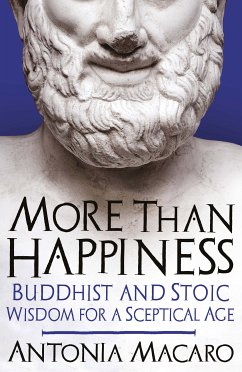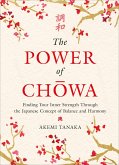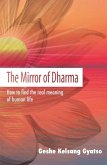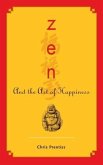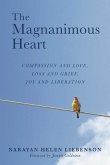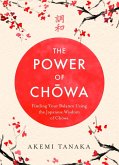'This groundbreaking study provides a much-needed philosophical framework for those practising mindfulness as well as a call to recover the pragmatic and therapeutic dimensions of philosophy.' - Stephen Batchelor, author of After Buddhism and Secular Buddhism
Modern readers tend to think of Buddhism as spending time alone meditating, searching for serenity. Stoicism calls to mind repressing our emotions in order to help us soldier on through adversity. But how accurate are our popular understandings of these traditions? And what can we learn from them without either buying in wholeheartedly to their radical ideals or else transmuting them into simple self-improvement regimes that bear little resemblance to their original aims?
How can we achieve more than happiness?
In More than Happiness, Antonia Macaro delves into both philosophies, focusing on the elements that fit with our sceptical age, and those which have the potential to make the biggest impact on how we live. From accepting that some things are beyond our control, to monitoring our emotions for unhealthy reactions, to shedding attachment to material things, there is much, she argues, that we can take and much that we'd do better to leave behind.
In this synthesis of ancient wisdom, Macaro reframes the 'good life', and gets us to see the world as it really is and to question the value of the things we desire. The goal is more than happiness: living ethically and placing value on the right things in life.
Modern readers tend to think of Buddhism as spending time alone meditating, searching for serenity. Stoicism calls to mind repressing our emotions in order to help us soldier on through adversity. But how accurate are our popular understandings of these traditions? And what can we learn from them without either buying in wholeheartedly to their radical ideals or else transmuting them into simple self-improvement regimes that bear little resemblance to their original aims?
How can we achieve more than happiness?
In More than Happiness, Antonia Macaro delves into both philosophies, focusing on the elements that fit with our sceptical age, and those which have the potential to make the biggest impact on how we live. From accepting that some things are beyond our control, to monitoring our emotions for unhealthy reactions, to shedding attachment to material things, there is much, she argues, that we can take and much that we'd do better to leave behind.
In this synthesis of ancient wisdom, Macaro reframes the 'good life', and gets us to see the world as it really is and to question the value of the things we desire. The goal is more than happiness: living ethically and placing value on the right things in life.
Dieser Download kann aus rechtlichen Gründen nur mit Rechnungsadresse in A, B, BG, CY, CZ, D, DK, EW, E, FIN, F, GR, H, IRL, I, LT, L, LR, M, NL, PL, P, R, S, SLO, SK ausgeliefert werden.

